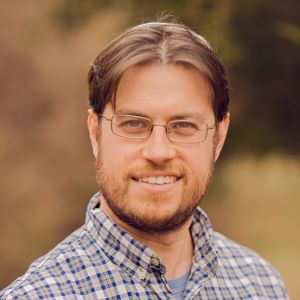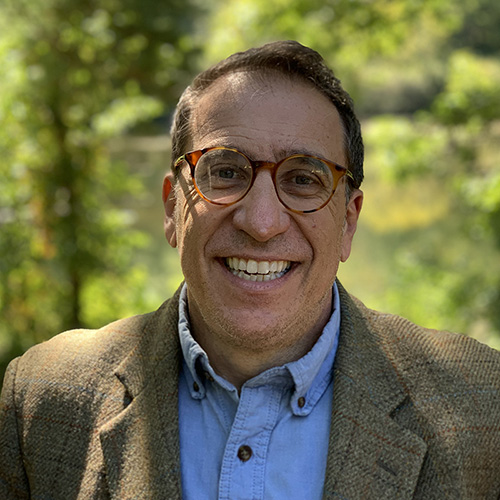
« Back to All Staff


Bruce is a Program Manager at Hazon working on Climate Action. He supports Jewish institutions to develop and integrate actions to address the climate crisis. Bruce brings ten years of experience working in urban agriculture, community composting, and public horticulture. Additionally, Bruce has worked in nonprofit strategic planning and leadership development. He holds a Masters degree from New York University in Environmental Conservation Education focusing on Nonprofit Management. Bruce is an amateur naturalist, lover of composting, and an avid fermenter of food and drink.
New York, NY | 212.644.2332 x319 | bruce.spierer@hazon.org
Rebecca Eisen is the Human Resources Manager. She works with and for the employees, dealing with training, benefits, and ensuring all policies and procedures are followed. Rebecca has worked in the financial, retail, health, and start up industries. She received her Masters Degree in Human Resources Management and Labor Relations from NYIT and received her Bachelor’s Degree in Business Administration from SUNY Oswego. Rebecca lives in Long Island, NY with her husband and fur baby, Maisy.
New York, NY | 212.908.2511 | rebecca.eisen@hazon.org
Sarah is the Information Systems Manager for Hazon. She derives great pleasure from implementing, maintaining, and tidying systems of all sorts and sizes. Before coming to Hazon, Sarah worked in various Jewish nonprofits, followed by an AmeriCorps service spent with the New York Restoration Project, working in community gardens in the Bronx. Sarah enjoys learning of all kinds, especially Torah, which she focused on for two years as a Fellow at Mechon Hadar, while in the summers she learned Yiddish at Yiddish Farm. Sarah has some of the best coworkers around and is grateful to work for an organization that shares so many of her values.
Philadelphia, PA | 212.908.2500 | sarah.wolk@hazon.org
David Rendsburg is currently the Budget Director at Hazon, and the incoming Chief Finance and Administration Officer, supporting all departments with number-crunching. Originally from Binghamton, NY, he graduated from the University of Pennsylvania in 2004 with a degree in Jewish Studies, and spent time living and learning in Israel as well. David has held many roles since joining Hazon in 2006, including Director of Bicycle Rides and Director of Data and Analytics. He has participated in or staffed over 40 bicycle rides with Hazon and has attended many holiday retreats at Isabella Freedman. After 15 years in New York City, David moved to Philadelphia in 2020 with his wife and two children.
Philadelphia, PA | 212.644.2332 x302 | david.rendsburg@hazon.org
Nigel Savage founded Hazon, the Jewish lab for sustainability, in 2000. He served as its CEO for 21 years, stepping down in July 2021.
Under his leadership, Hazon became the largest environmental organization in the American Jewish community.
Hazon was one of only two groups to have been in every single Slingshot guide, and was recognized by the Sierra Club as one of 50 leading faith-based environmental organizations.
Nigel has been a popular teacher and speaker in a wide range of venues.
In recognition for his work, in 2015 he was awarded an honorary doctorate by the Jewish Theological Seminary. He has twice been named a member of the Forward 50, the annual list of the 50 most influential Jewish people in the United States. He is a recipient of the Bernard Reisman Award, and has given Commencement speeches at Wagner (NYU, in 2011), at Hornstein (Brandeis, in 2014) and at Spertus (in Chicago, in 2018).
Before founding Hazon, Nigel worked in asset management in London for NM Rothschild and as co-head of UK Equities at Govett. He has an MA in History from Georgetown, and has learned at Pardes, Yakar, and the Hebrew University. He was a founder of Limmud NY.
Nigel executive produced the British independent movies Solitaire For 2 and Stiff Upper Lips and had an acclaimed cameo appearance in the cult Anglo-Jewish comic movie, Leon The Pig Farmer. He is believed to be the first English Jew to have cycled across South Dakota on a recumbent bike.
New York, NY